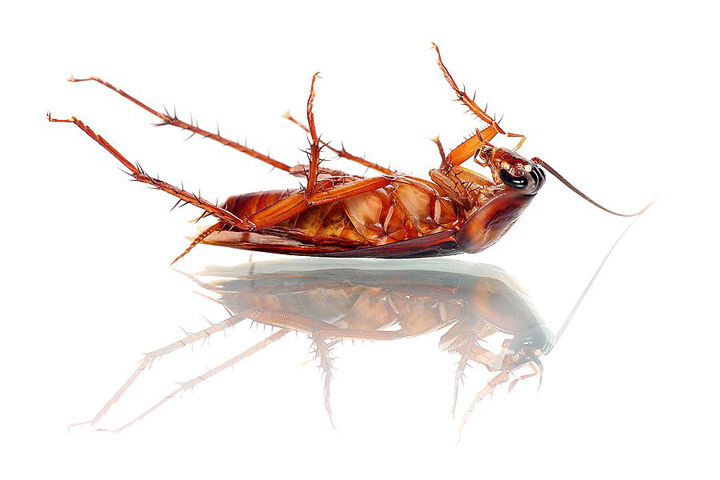
Getting rid of roaches naturally can be a slow process. With powerful insecticides, you’ll see results right away, but you’ll be exposing your family to toxic chemicals in the process. Getting rid of them naturally not only keeps your family from being exposed to harmful chemicals, but it can also prevent the problem from reoccurring. So how do you do it?
1. Clean, clean and clean again.

As with most household pests, an ounce of prevention is worth a pound of cure. What do I mean? You’ve got to make sure your house is spic-and-span, because cockroaches are attracted to food residue, particularly grease. That means wiping down the counters each night, never leaving dirty dishes in the sink, making sure the stovetop is clean and sweeping the floors before you go to bed. This may seem like a lot to do every day, but if you start doing this stuff on a regular basis, a 15-minute cleanup should be plenty at the end of each night to eliminate most residues (unless you have a party — or kids — and then cleanup will take a little longer).
2. Seal up cracks and holes.
That means inside your pantry, between the countertop and the wall, and in the baseboards. Roaches (and other insects) can crawl through even the smallest of spaces, so it’s important to seal the entries into your home. This may take time, but in the end, it’s worth the effort, especially if you live in an apartment and have neighbors who don’t maintain the same standards of cleanliness as you do. You can use a tube of caulk and a caulking gun to do the job.
3. Fix any water leaks.

Roaches are attracted to moisture and water from leaks in pipes. That’s why you often find them scurrying under your sink. Some cockroaches can survive for months without food, but only days without water. Close off their water sources by repairing even the tiniest of leaks. Don’t let water stand in your sink and don’t overwater indoor plants.
4. Make your own, natural cockroach bait.
Mix three parts boric acid with one part powdered sugar. The sugar lures the roaches, while the boric acid kills them. Although the boric acid isn’t toxic to people or pets, it can be irritating so keep it away from counters and places where little fingers and noses can reach. Sprinkle it under and behind the refrigerator, stove and dishwasher, under the sink, and into cracks along the edges of cabinets and pantries.
5. Bring in the experts.
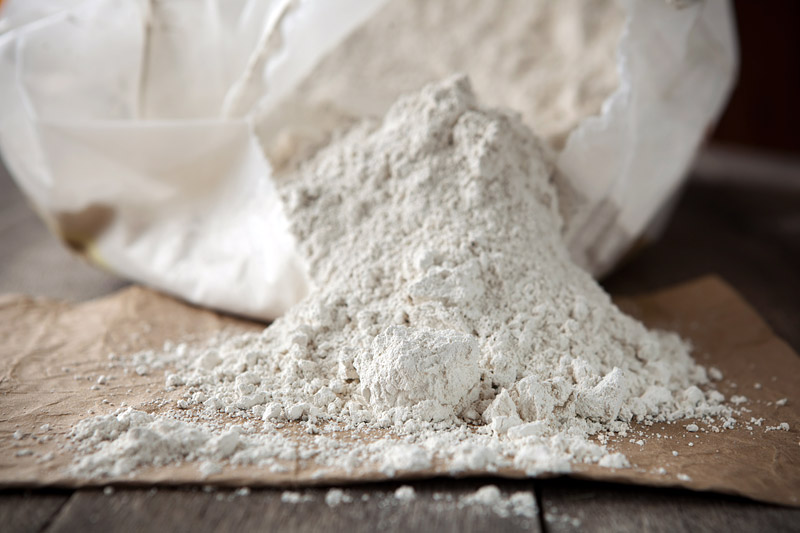
If you want to get rid of roaches naturally and you’ve got a big infestation, try contacting a natural pest control company. My pest control company uses a substance called diatomaceous earth in the walls of my home (inserted through the holes around the wall outlets). Diatomaceous earth is a soft sedimentary rock that is easily crushed into a fine powder. It is used in many things (including some medicines and skin care products) but is often used as a mechanical insecticide because it causes an insect to die without the use of chemicals. Look for a pest control company in your area that uses the substance — it’s not harmful for you and your family and best of all, it’s effective.
6. Keep your space as cool as possible.
The American cockroach is one of the most common cockroaches in New York City. And when temperatures heat up there during the summer, many of them spread their wings and fly. (Shudder.) “With more heat they have more use of their muscles,” the American Museum of Natural History’s resident bug expert, Louis Sorkin, told NYC blog DNAInfo.com. While you cannot control the weather, of course, keeping your apartment or home as cool as possible will at least confine cockroaches to the ground.
7. Kill it with kindness … or just kill it.
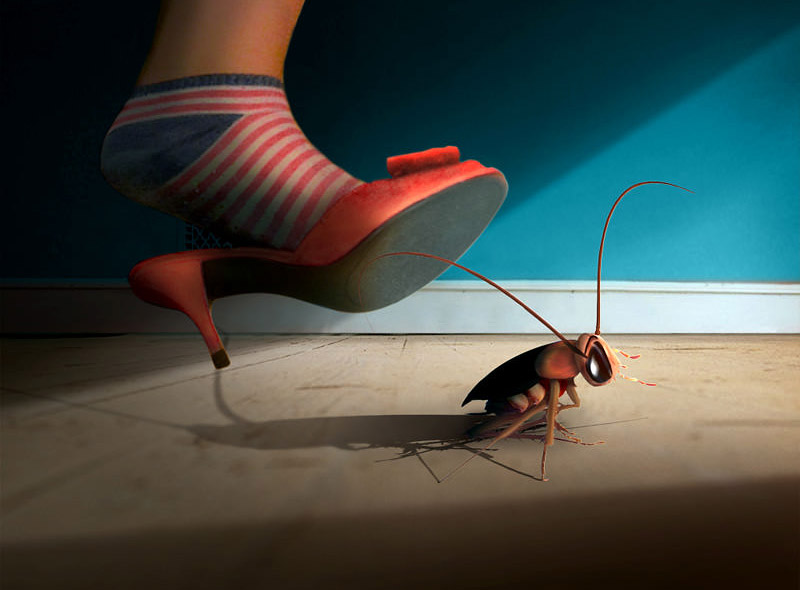
If you have a cockroach in the house right now and you don’t want to spray harmful insecticides inside your home, try spraying a little solution of soap and water on it. (I keep this stuff around to clean my countertops, by the way.) Because roaches, like most insects, breathe through their skin, the soap essentially suffocates them. Of course, you could just step on it!

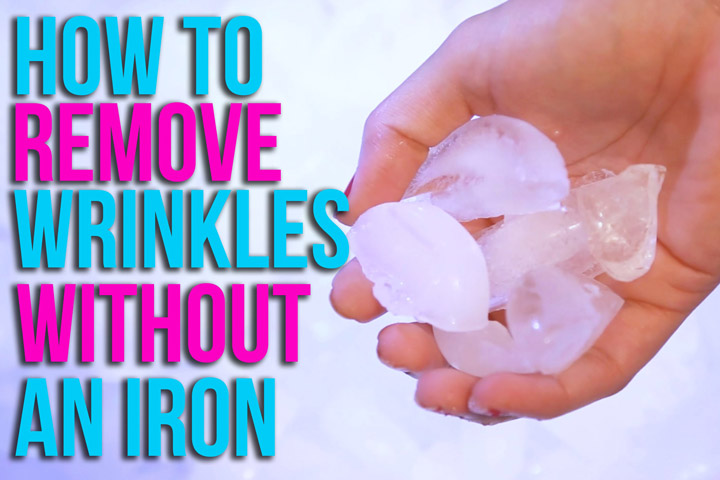
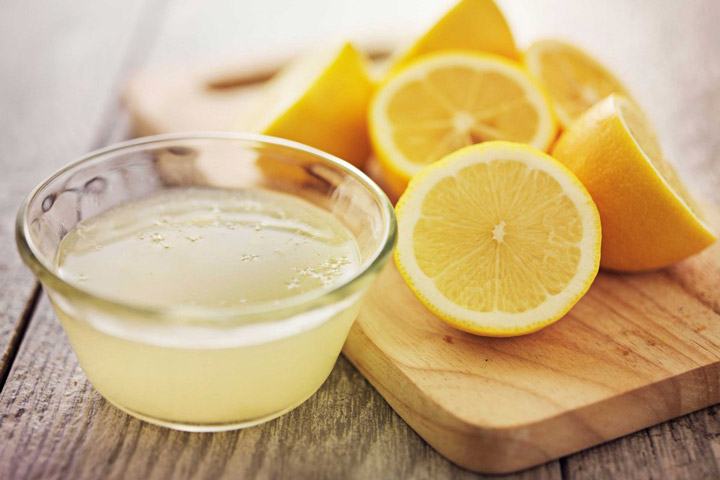
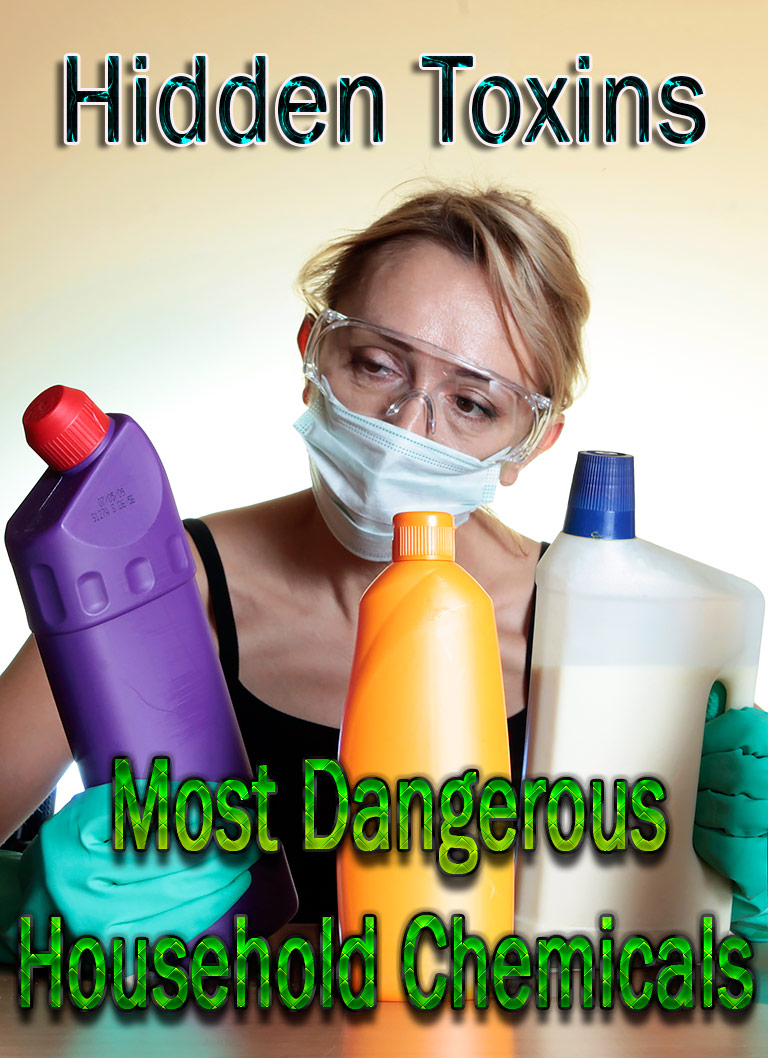
Phew! The most scary part? They can actually FLY!
Preventing water spillages and moisture are the key points. They cannot live much longer without water, and can’t spawn either.